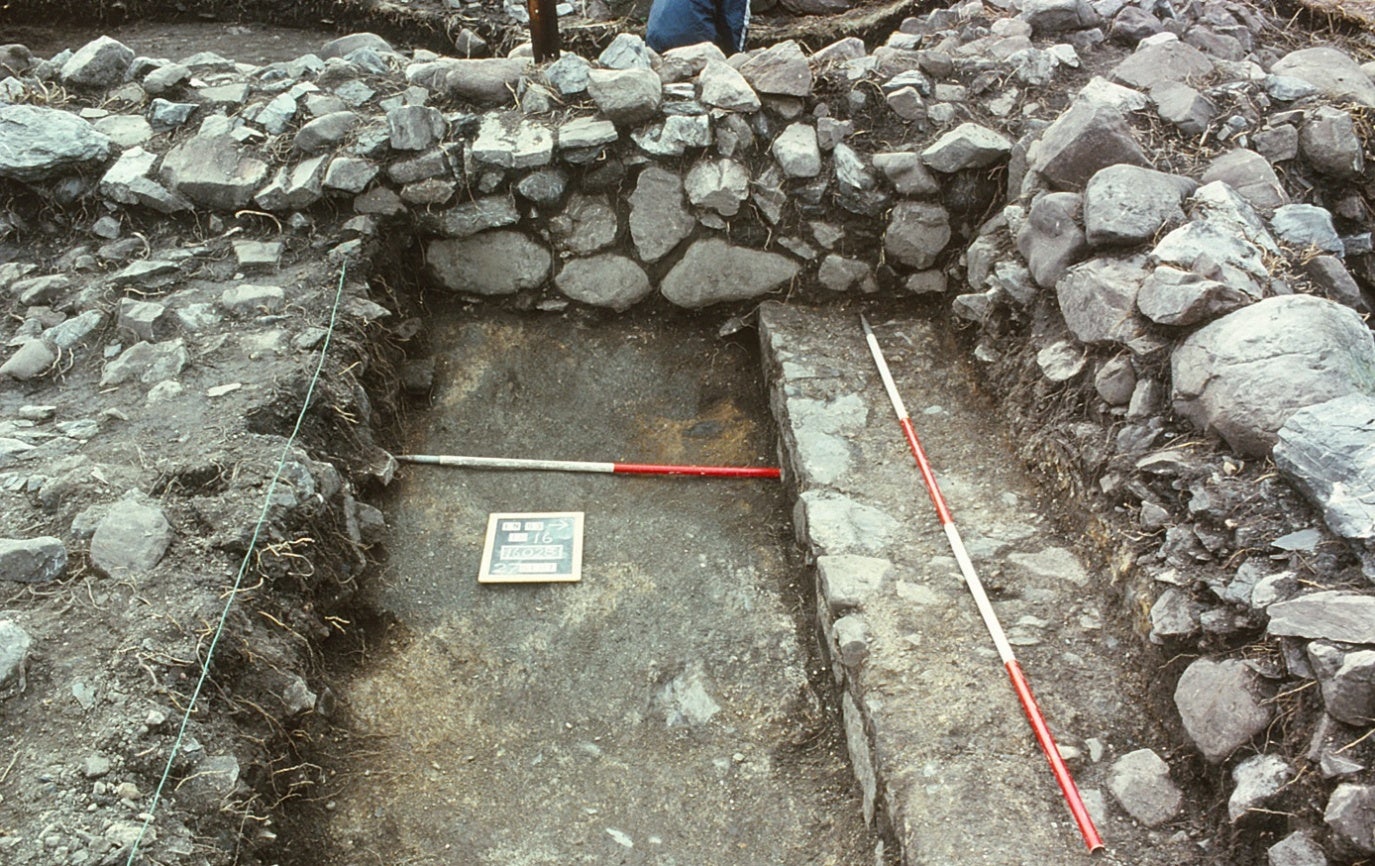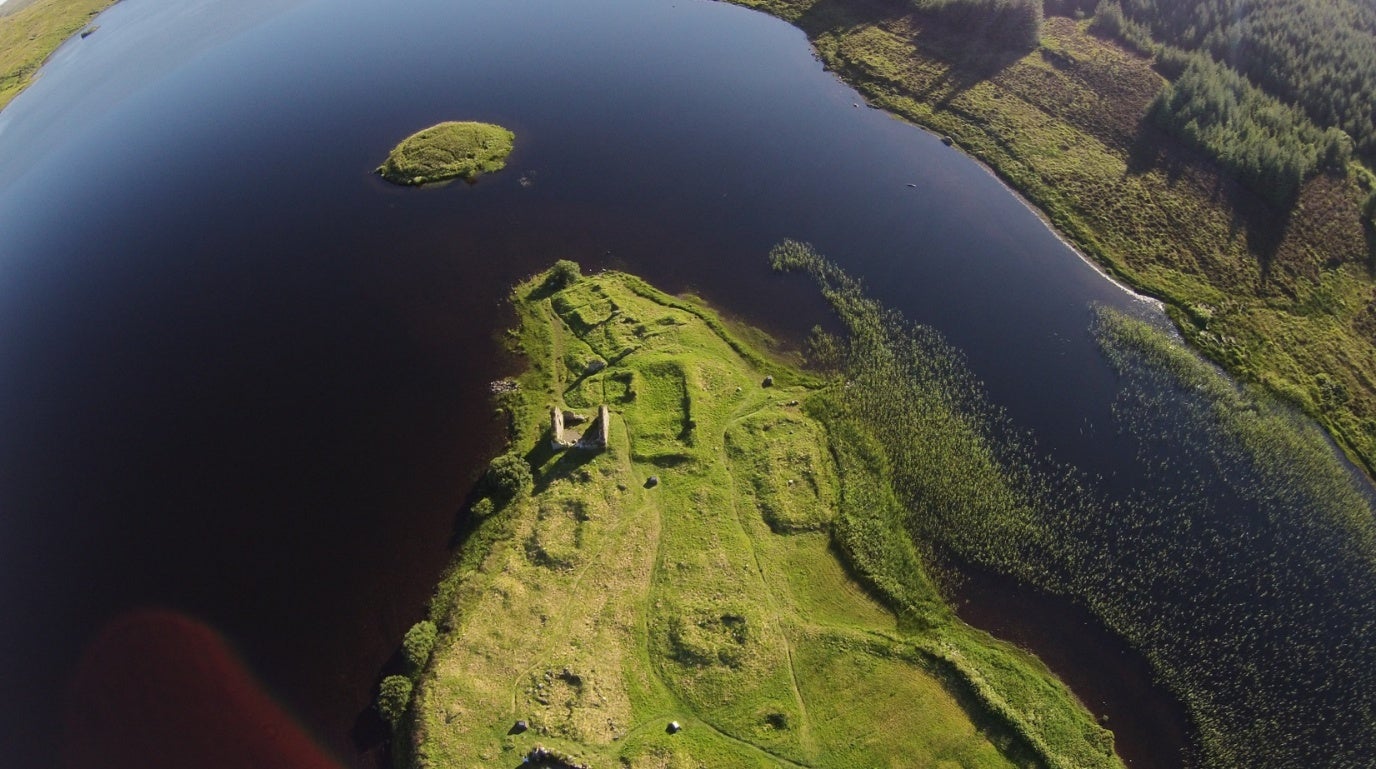A forgotten royal castle that is believed to have once been home to kings who ruled parts of Scotland has been discovered in a major archaeological project.
In a recently released book, archaeologists reveal the existence of a castle at Finlaggan, on the isle of Islay, which is unnamed and previously unknown from the 12th and 13th centuries.
Archaeologists have spent nearly 30 years analysing research that was undertaken at the historical site on Islay from 1989 to 1998.
The research, which reveals the site was at the centre of importance in the early medieval period, has been published in the Archaeology of Finlaggan, Islay.

The castle occupied two islands in Loch Finlaggan, and it is thought to be the area in which the MacDonald Lords of the Isles inaugurated kings or lords.
One island was home to a large stone tower, which was said to be living quarters and security for the king or lord. On the other island, there once sat a courtyard which contained kitchens, a chapel with a burial ground, houses, and a great hall where feasting took place.
Large rectangular stone towers were essentially exclusive to great Anglo-French lords and Kings, and can be taken as a political statement and a sign of wealth and ruling class connections, the researchers said.
The excavations of the site also revealed evidence of prehistoric occupation, lead mining and post-medieval settlement.

Dr David Caldwell, the author of the book, said: “I am privileged to have led a skilled and dedicated team of specialists and volunteers on such an important project in a key place of national significance.
“The processing of all the data that was gathered has been a major part of my life since the 1990s, and I hope I have not only provided an account of interest but also a basis for others to carry out more research in the future.”
The book was published by the Society of Antiquaries of Scotland, a charity that was founded in 1780 to investigate natural and civil history.
Dr Helen Spencer, the head of research at the charity, said: “As a charity, part of our mission is to share knowledge of the past with everyone, which is why we are especially grateful to our thousands of Fellows across the globe.”






